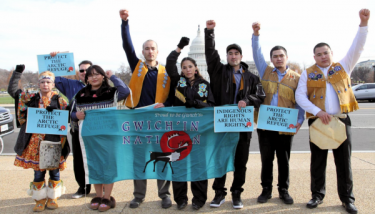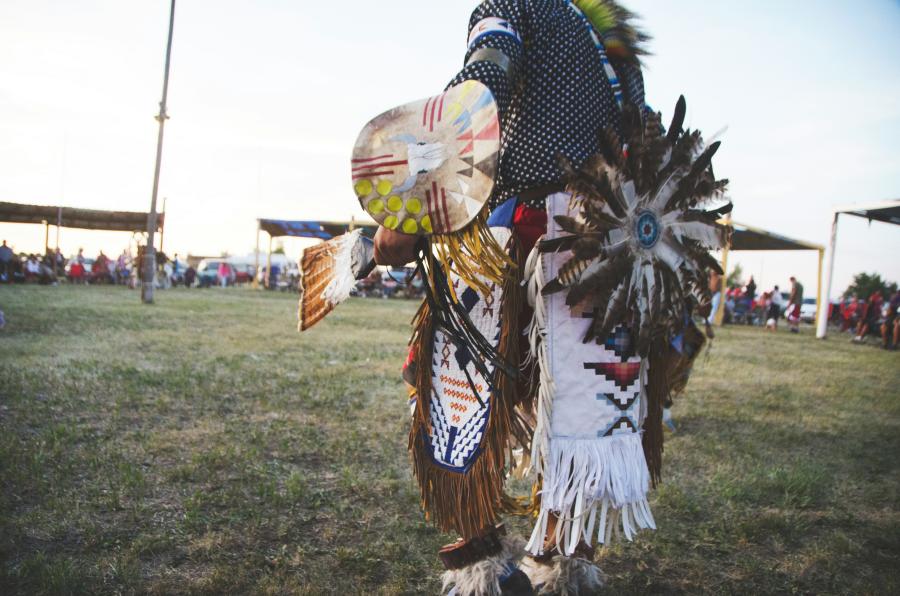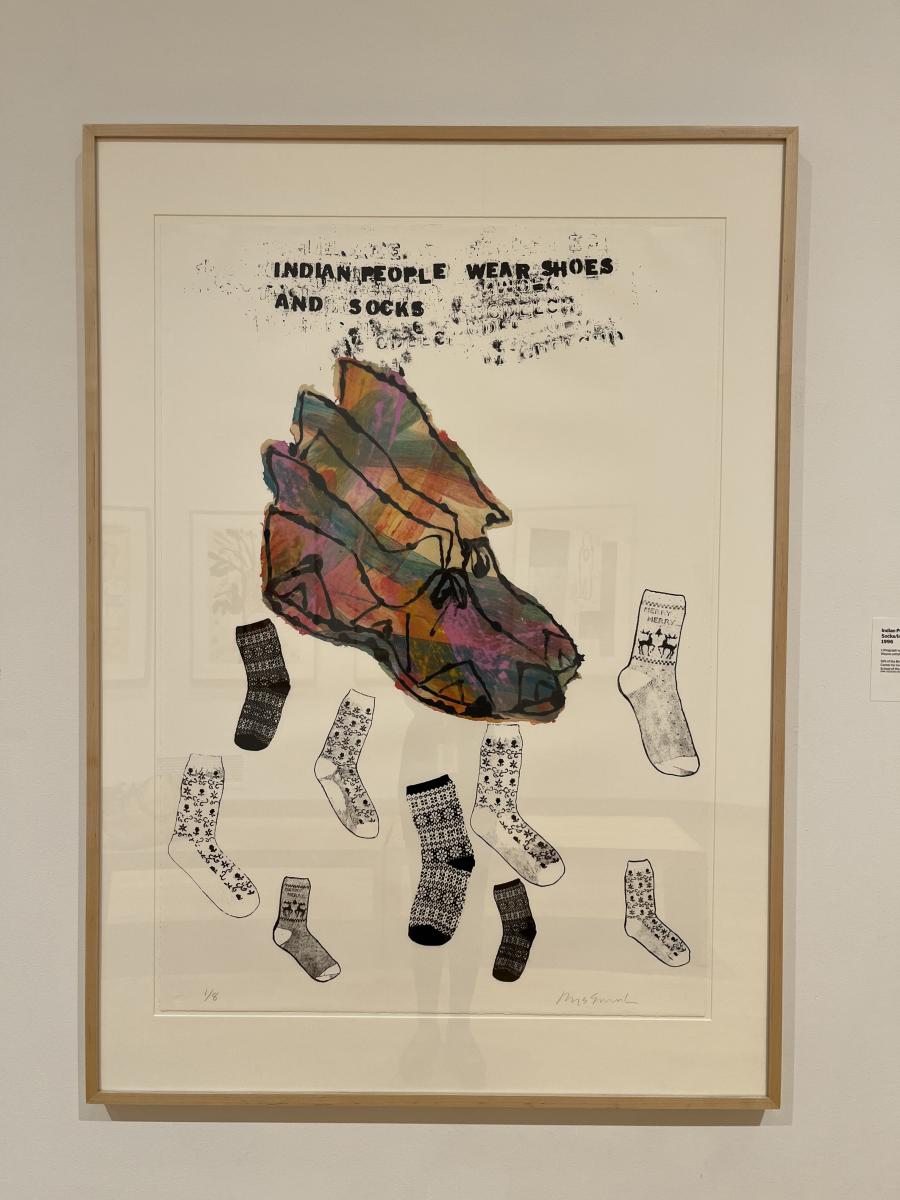
The United Nations Committee on the Elimination of Racial Discrimination (CERD) has taken the extraordinary measure to call for an investigation of the United States regarding proposed oil and gas development in the coastal plain of the Arctic National Wildlife Refuge. CERD’s inquiry highlights concerns that planned development by the United States was “conducted without the free, prior and informed consent of and adequate consultation with Gwich’in Indigenous Peoples, despite the serious harm such extractive activities could allegedly cause.”
CERD’s letter to the United States, sent August 7, and posted this week to CERD’s website, responds to the Request For Early Warning Measures and Urgent Action Procedures submitted by the Gwich’in Steering Committee, Cultural Survival, Land is Life, First Peoples Worldwide, and the American Indian Law Clinic at the University of Colorado on November 13, 2019.
Since the initial submission and CERD’s response, the Trump administration took final action and released its record of decision to allow oil leasing in the Arctic Refuge. The Gwich'in Steering Committee and allied groups filed domestic litigation challenging the lease program on August 24.
In its response, CERD expressed grave concerns and asked the U.S. government to provide information as to how it is taking measures to guarantee the Gwich’ins right to free, prior, and informed consent (FPIC), to protect sacred sites, prevent violence against Indigenous women, mitigate the climate impact of drilling in the Coastal Plain, and "ensure effective remedies against instances of racial discrimination, including in the context of extractive industries.”
The UN also expressed concern that proposed development could infringe on the Gwich’in peoples’ human rights “by significantly reducing their traditional source of food, the caribou, encroaching on the sacred site of the coastal plain, increasing health risks due to environmental degradation, including air pollution, and by increasing the risk of violence against Indigenous women due to the arrival of extractive industry workers.”
When U.S. policy inadequately considers the rights of Indigenous Peoples, international mechanisms such as CERD are crucial to preventing devastating impacts. This is a major development in the recognition of the human rights of the Gwich’in. CERD is the treaty body responsible for monitoring the implementation of the International Convention on the Elimination of All Forms of Racial Discrimination (ICERD), which the United States has signed and ratified. The letter notes that “domestic remedies available to Indigenous Peoples do not provide a legal basis for addressing the underlying cause of structural discrimination.”
“We urged the international community to hold the United States responsible for ongoing discrimination towards us as Indigenous Peoples. That call has been answered by the Committee on the Elimination of Racial Discrimination,” said Bernadette Demientieff, Executive Director of the Gwich’in Steering Committee. “Almost all international human rights conventions recognize the Gwich’in people’s fundamental rights to our culture, health, nutrition, and subsistence. Securing permanent protection for ‘Iizhik Gwats’an Gwandaii Goodlit’ (The Sacred Place Where Life Begins) is about our human rights, our way of life, and our very survival.”
“We are encouraged that the United Nations has taken this critical step to protect the human rights of the Gwich’in people and their sacred homelands, especially their right to free, prior and informed consent as enshrined in the Declaration on the Rights of Indigenous Peoples,” said Carla Fredericks, Director of First Peoples Worldwide and the American Indian Law Clinic at the University of Colorado Boulder, and Cultural Survival Board Member.
“The CERD inquiry underscores how the fight to protect the Arctic Refuge is as much a human rights issue as it is an environmental issue,” said Sierra Club Senior Campaign Representative Ben Cushing. “As international treaty bodies express serious concern about the Trump administration’s fast-tracked plans for oil and gas drilling in the Arctic Refuge, oil companies and the banks that fund them should take note. Arctic drilling would be a violation of human rights, and is an investment not worth pursuing.”



